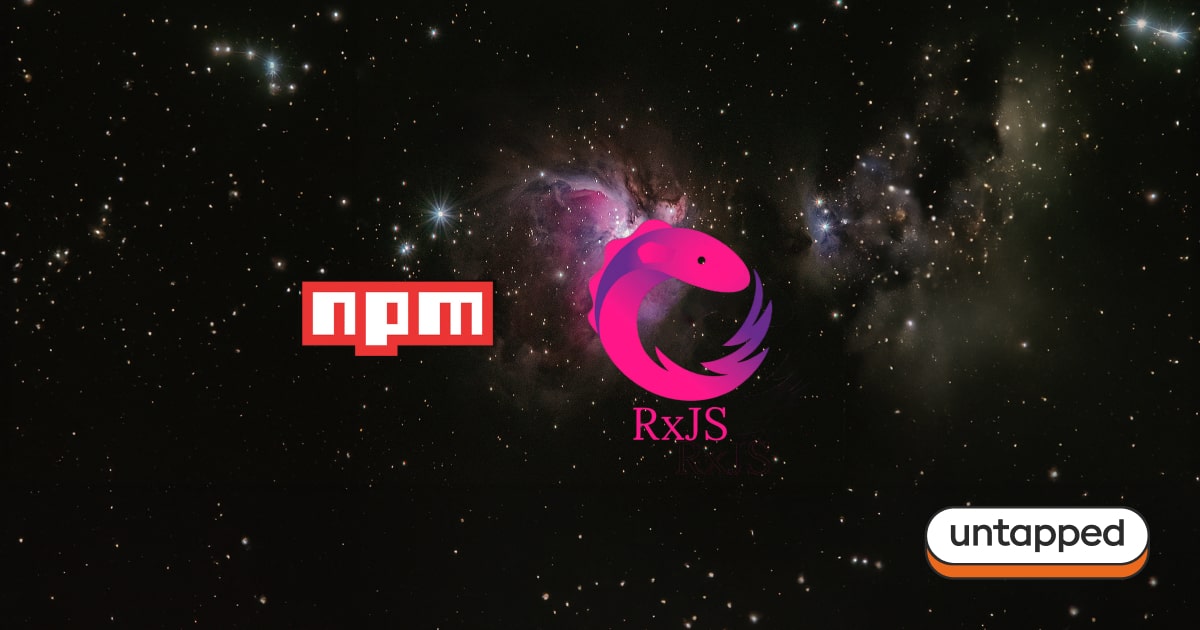Startups need to move fast. Markets shift. Customers expect better experiences. Investor pressure builds quickly. That is where agile processes make a difference, but not the kind pulled straight from a textbook. We focus on startup-specific strategies that are practical, measurable, and designed for speed.
At Untapped, we build agile systems that suit fast-moving businesses. They are clear. They work in real situations. They help teams validate ideas early, reduce unnecessary spending, and make smarter product decisions.
Here is how we shaped a leaner, sharper way to approach product development.
Why Standard Agile Falls Short for Startups
Many agile frameworks were created for larger businesses. When startups try to apply these directly, things can get messy. Time gets wasted, teams lose focus, and priorities shift without structure.
The common pressure points:
- Money versus product scope: Founders need to launch something that works, with just enough functionality to test ideas and interest investors, while keeping costs low.
- Building to grow but not overbuild: You need a system that supports early growth. Too much technical complexity too soon can become a blocker. Too little structure means scaling becomes painful later.
- Clarity in communication: Agile comes with its own language. Founders and teams need clarity, not theory. They want to understand what the process actually means and how it helps.
How We Built an Agile Process That Actually Fits Startups
We did not just tweak existing frameworks. We stripped everything back and built something that works under pressure. Every step focuses on real startup needs.
1. Learning From the Experts
We worked with one of the original agile consultants behind IndigoBlue. Years of experience gave us a deep understanding of what works and what does not.
Together, we reviewed common frameworks like Scrum, Kanban, and Lean Startup. We examined where they break down when applied to fast-moving technology businesses with small teams and limited budgets.
2. Creating an Incremental Strategy That Works
We built a method designed for speed and focus. The approach helps teams build quickly, make informed decisions, and keep control of spending.
- Clear stages and checkpoints: Each phase has specific goals, progress checks, and stop-or-go decision points.
- Fast MVP loops: Get a working version out early, use it to test, and improve from real feedback.
- Practical planning: Spend where it makes sense, avoid wasted development time, and stay aligned on what matters.
3. Keeping Technical Architecture Simple but Ready
We developed clear guidelines for building flexible and scalable systems from day one.
- Use modular components so parts can be swapped or expanded as needed.
- Focus on clean integration points to allow future features to plug in without rewrites.
- Provide technical roadmaps that show how the system can grow without becoming too complex.
This avoids building a product that is too limited early on or too rigid when growth comes.
4. Testing in Real Startup Projects
We put this system into practice across several startup projects. The sectors ranged from fintech to healthtech. Each project gave us new data, user feedback, and stakeholder insights.
We used regular team reviews, client interviews, and outcome-focused tracking to see what worked. This helped us keep improving and build a repeatable process that fits different sectors and use cases.
5. Measuring Results That Matter
Startups need to see outcomes. Agile, for them, is not just about sticking to a process. It is about moving forward with evidence and confidence.
We created project metrics tailored for early-stage businesses. These include:
- Time to validation
- Budget use per feature
- Customer response and traction
- Ability to adjust quickly
Tracking these helped us refine the process further and show real value to every stakeholder involved.
Making Agile Clear for Non-Technical Founders
We cut through the jargon. Many of the people we work with are not technical or do not have time to learn frameworks in detail. They want a working plan and a way to move quickly.
So we built tools to explain things simply:
- Visual guides
- Real examples
- Interactive sessions
- Straightforward handbooks
This helps teams understand what they are doing, why they are doing it, and what happens next.
A Model That Scales With the Business
This process is not just a set of ideas. It is a structured system we now apply across different startup projects.
What we provide:
- Clear documentation
- Planning templates
- Metrics dashboards
- Scalable technical designs
All of it is built to help teams get to launch quickly, then adapt and grow without chaos.
Final Thoughts: Practical Agile for High-Pace Startups
Agile should not be a barrier. It should be a tool that helps you move faster and make better choices. But most agile models do not match the speed, pressure, or resource constraints of startups.
Our approach helps early-stage teams get working products into users’ hands, track what is actually happening, and scale in a clear and structured way.
We work closely with founders to reduce risk, keep focus sharp, and stay lean from idea to launch and beyond.
FAQs
What is a startup-friendly agile process?
It is a version of agile that is adapted for small teams, limited budgets, and fast validation needs. It cuts out unnecessary overhead and helps founders build and learn quickly.
Why avoid using traditional Scrum or Kanban as a startup?
Those methods are useful but often require more time and resources than startups can afford. They can also slow down decision-making when speed matters most.
Can your process help us scale later?
Yes. We design both the product development flow and technical systems to expand in stages. You can grow without rebuilding everything.
Do you offer training or support on this?
We provide hands-on workshops, clear documentation, and personal guidance. Our goal is to get your team confident and self-sufficient.
What results have you seen with this approach?
Startups using this model have launched MVPs faster, spent less on wasteful development, and had better traction with users and investors.







Any thoughts?
Leave a comment